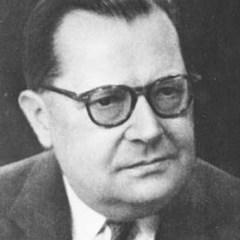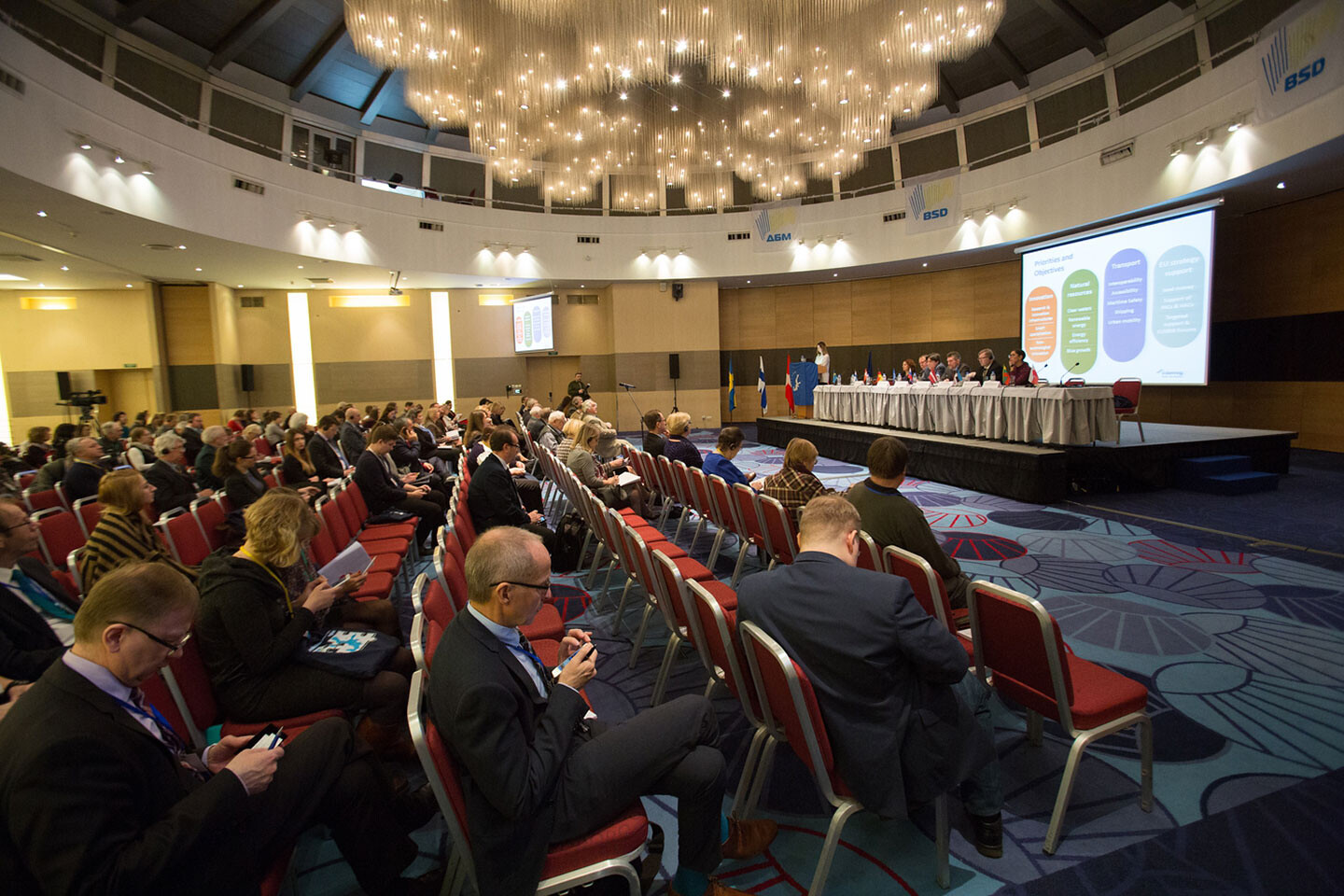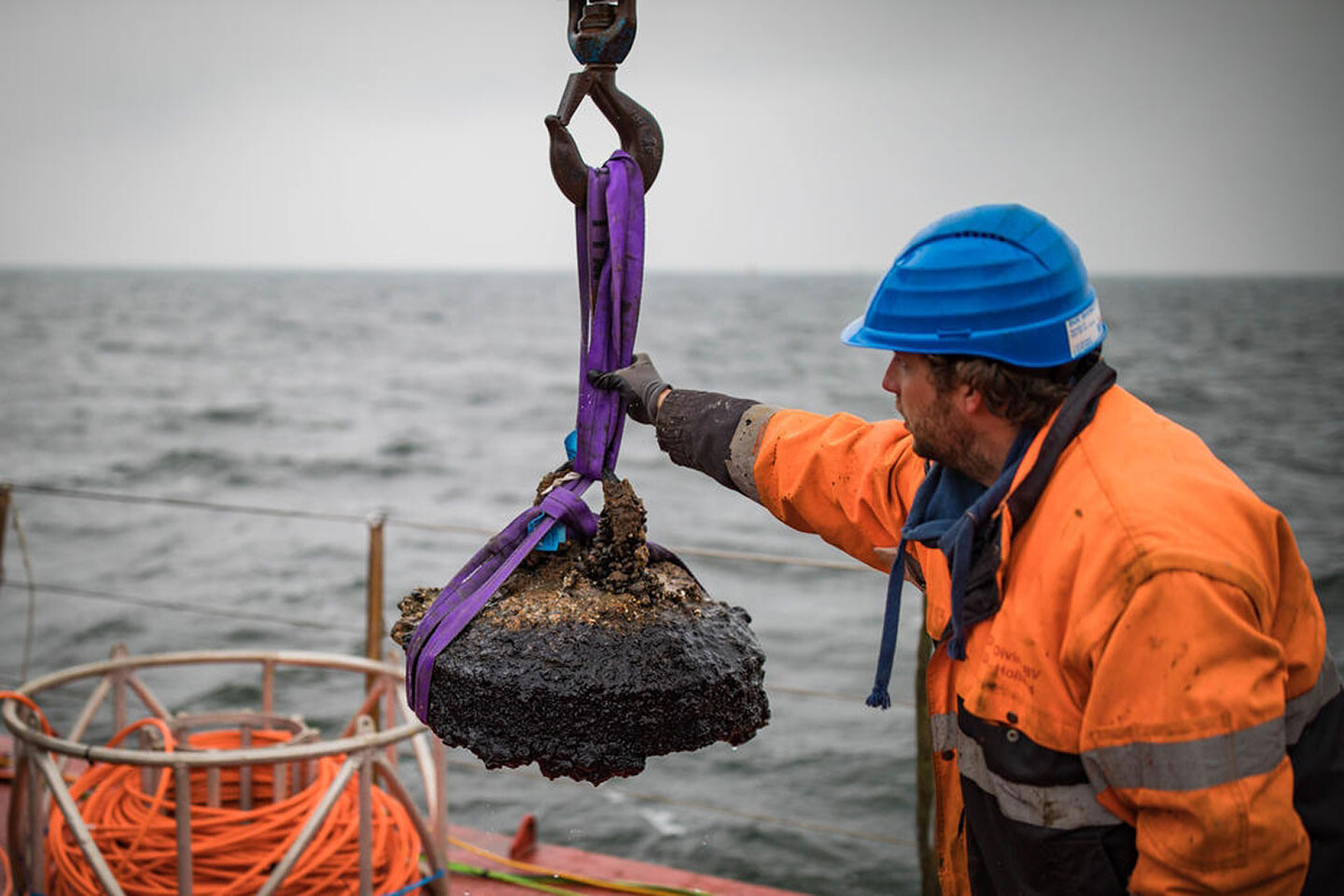The ‘Emergence’ of the New World View was with Tektology, not Systemology; with Alexander Bogdanov, not Ludwig Von Bertalanffy!
In 1927 German professor Johann Plenge (1874-1963) did publish his review of the first edition of the German translation of Alexander Bogdanov’s Tektology: General Science of Organisation (1926). The very same year Ludwig Von Bertalanffy, who would later be known as the founder of the General Systems Theory (German Allgemeine Systemlehre), completed his dissertation in which he developed his initial ideas. The following year, in 1928, Bogdanov died as a result of a blood exchange experiment he conducted on a student, who survived from Malaria at the end, and Von Bertalanffy published his new study titled Kritische Theorie der Formbildung (Critical Theory of Development), in Berlin.

Plenge’s review of Tektology was negatively critical. He thought of Bogdanov and his bold attempt as flawed. To him, Bogdanov was intoxicated by Marxism and Marxist ideology and his Tektology was dismissing all the differences amongst the vast variety of types of organizations and degree of complexity amongst systems under investigation. He also highlighted Bogdanov’s own claim to be “distant from morality as mathematics” in order to warn the reader that such an approach has the potential to generate an ethicless total-control mechanism -similar to the one indeed created by Stalin later on. However, Bogdanov himself made his warnings public about the dystopian future applications of such science with much emphasis, especially in an authoritarian framework like of Lenin’s creation. Bogdanov also gave a lifelong struggle against Lenin’s authoritarian politics which gave way to rise of the personal cult of Lenin after the Revolution, and Stalinism after Lenin died. The result of this was Bogdnaov’s political demise and removal of his name from the official Russian historiography (White, 2018). Whereas Plenge did dedicate his work to create his own personality cult. And later Hayek would accuse Plenge of inspiring the national-socialist ideology (Hayek, 1944). What is important to note here is that while Plenge was complaining about Bogdanov’s Tektology of not recognizing the differences in forms and contents between varieties of ‘organizations’ of systems for instance by conscious man or self-organization in nature etc., he was missing all the point Tektology was making: the argument for the need and actually building unified, non-reductionist meta-science that is investigating possible generalizations, common organisational patterns and principles to all complex wholes, no matter physical, material, social or psychic or otherwise. Exactly this has later become the main promise of the GST as proposed by Von Bertalanffy. Beyond that, most of the principles proposed by Von Bertalanffy between 1927-1950s can indeed be found in almost word-to-word identical fashion in Bogdanov’s Tektology, which was delivered between 1911-1928 in its original Russian. Milan Zelený quotes from N. N. Mosieev, in his 1988 article titled Tectology: “All systems problematic, undertaken by L. von Bertalanffy and his followers, is contained, practically in toto, within the theory of organizations of A. A. Bogdanov, but not vice versa. For these reasons, it seems to me that the “general systems theory” represents a significant step backward in comparison with Bogdanov’s “Tektology” which, after its author’s death, was unfortunately never reissued in the Russian language. [This should certainly be corrected in 1989-90, M.Z.]” (note is original by Zelený). Sadovsky, Gorelik, Zelený, Dudley, Gare, and others have shown the similarities between GST and Tektology, and to what extend Tektology exceeded the GST. According to this “Bogdanov’s work anticipated the (entire) systems quest of the twentieth century” (Dudley, 1996). Indeed all piecemeal developments and discoveries of systems concepts, mechanisms, and principles: like open-closed systems, bifurcation, emergence, self-organization, self-regulation or feedback mechanism, autopoiesis as well as a concrete methodology for studying the variety of systems were addressed and explicitly described in Tektology.

In pursuing his negative critique, Plenge was also joining the term ‘general systems’ science/theory/doctrine’ for the first time, suggesting as a replacement for ‘tektology’. The term ‘system’ is used 23 times in that article and several times to redescribe Tektology as a general science of systems of reality (Plenge, 1927). Plenge was the first to join the term ‘general systems’ to refer Tektology in his 1927 paper however the term later come to be solely associated solely with Von Bertalanffy’s work (Boulding, 1956/2004; Hofkrichner, 2005 and 2010). This requires historians to reconsider the entire intellectual history of the GST. Moreover the issue of Bogdanov’s influence on GST needs a clarification. It is a fact that both Tektology and Plenge’s review of it got published in Von Bertalanffy’s own native German, and this happens at the time he was on top of the topic; studying and developing his initial ideas of ‘general systems theory’ since 1926. Moreover between 1924 and 1926 Von Bertalanffy studied at the University of Vienna, where he completed his Ph.D. dissertation titled (translation) “Fechner and the Problem of Integration of the Higher Order” (BCSSS archive). When he was studying biology here “five hours a week he went to the lectures of Moritz Schlick (1882-1936) on “Logic and Epistemology” and took part in a seminar organized by this neo-positivist philosopher and founder of the famous “Vienna Circle” in 1929.” (Pouvreau, 2009). According to Zelený Moritz Schlick, “… the author of General Theory of Knowledge (Allgemeine Erkenntnislehre) in 1918”, “.. was backing Bogdanov in his lectures..” (1988, p. 332). The fact that Von Bertalanffy’s teacher at Vienna University, on epistemology knew about Bogdanov and Tektology and was talking about it in his lectures minimizes the chance that Von Bertalanffy did miss it and not picked it up. Especially if we consider that he took part in a seminar organized by Schlick. Von Bertalanffy published his first book in two years after completing his doctoral dissertation and the publisher was located in Berlin, where Tektology was published too. That year the second edition of the German translation of Tektology’s came out and Bogdanov died.
Von Bertalanffy was so fresh in his studies on the idea so closely following the debates related to ‘unity of science’ movement, which was popular in Vienna and Berlin circles to both of which both Bogdanov and Plenge were known figures. Hayek devoted an entire chapter on Plenge in his Road to Serfdom to which Von Bertalanffy refers in his “An Outline for the General Systems Theory” (1950). Hayek and Bertalanffy also met at the 1960 Symposium on Principles of Self-Organization, organized by Heinz von Foerster, a relative of Hayek and Wittgenstein. These connections increase the chance that Bertalanffy knew Plenge, and decrease the chance that he did develop his ideas totally independently from those of Bogdanov’s. Although it seems almost impossible for Von Bertalanffy to miss neither the German translation of Tektology, of which the second edition came out just in two years nor a review by someone like Plenge, especially also hearing about it from his teacher Moritz Schlick. Yet still, he did never refer or credit his precursor, even after the rediscovery of Tektology in the 1960s in Russia (Pouvreau, 2009) Von Bertalanffy, who was explicitly anti-ideological (especially in terms of Marxism), remained silent on the issue. After Von Bertalanffy died in 1972, Bogdanov and Tektology gained wider international recognition as the forerunner and precursor of systems thinking and cybernetics. Yet to a large extent because of Von Bertalanffy’s silence this recognition remained rather limited. In the end, Von Bertalanffy and his GST still gets most credits even today as the founder of the Systems Thinking and he enjoys such recognition against the historical facts and new generations still takes Von Bertalanffy’s foundership status as granted. We will never know how would have Von Bertalanffy reviewed Tektology if he had lived through the 70s and 80s. When suggesting to see Tektology as an attempt to build a general system science (Allgemeine Systemtlehre) Plenge was also offering another, shorter, term general “systematology” to use instead of tektology. It is very ironic that a similar term ‘systemology’ is being suggested 80 years later, by new generation systems scholars (Pouvreau and Drack, 2007) to replace the term with Bertalanffy’s GST, celebrating it as a full-fledged science of systems.

All in all, taking together the fact that the terms ‘general systems theory’ (Allgemeine Systemslehre) and ‘general science of systems’ were already coined in the 1920s by Johann Plenge in describing Bogdanov’s Tektology, and the fact that Tektology was inclusive of almost all (and identical) terms and principles suggested by Von Bertallanfy and presented more (Dudley, 1996) we finally have to conclude that it was not Ludwig Von Bertalanffy and his GST but Bogdanov and his Tektology was the real moment of emergence of the new world view that called later in the 20th century systems and later complexity thinking. What emerged as Tektology, in its original form, however, was a critical and historical unified science, serving for building new systems and eventually a world to be replaced with capitalism; instead of a tool-box for solving its problems, or change management technology for managerial and ruling classes’ use. As a promise of new world-view (as picked up by Von Bertalanffy), it meant to be developed by, from the point of view, and the for the purpose of the ruled and oppressed (the part left out by Von Bertalanffy). This latter aspect was the main characteristic of Bogdanov’s work and meant to take social power relations and inequality at the core -as the main characteristic of the epistemology that lied underneath all enterprise. It meant also taking social classes as the parts forming the societal whole ontologically. These main aspects of Bogdanov’s Tektology were unsurprisingly shaved off (or totally missed) in Von Bertalanffy’s version.
Since the early 2000s, there emerged a discussion on the nature of the development of the systems paradigm, and made calls for understanding the reasons behind its relative failure -in becoming a genuinely general / universal science with a clear and unifying methodology and principles, as it was promised yet not delivered by Von Bertalanffy and his colleagues like Boulding (1956/2004). Thus leading figures in systems thinkers community have started to debate and invite their colleagues and for a return to origins and re-evaluation (Rousseau et. al. 2016). Rousseau and at. al. even developed a proposal for such a model for ‘really’ general General Systemotology (2018). Yet although they do themselves make the call to the original sources where they return at best is again to the work of Von Bertalanffy, and those came after him. Even though ‘the emergence phenomena’ is one of the key topics for the scholars and experts of system and complexity thinking it is a serious contradiction that these thinkers insist on referring Von Bertalanffy as the founder and the inventor of the GST and skipping to engage the general and unifying methodology proposed already by Bogdanov in Tektology.
Even if there was no case of plagiarism whatsoever to talk about for Von Bertalanffy’s work there is an urgent need for broader recognition of and engagement with Bogdanov’s work and his Tektology as the precursor of the GST -as well as Cybernetics, OR, etc. The current situation is misleading and promoting a wrong conception of ‘the emergence of systems/complexity thinking itself’, and as a result, new researchers are missing an important source of inspiration. Even more ironically, Marxian and post-Marxian scholars and theorists who were inspired and influenced by systems thinking do not know about and recognize Bogdanov and Tektology; amongst them worldwide recognized scholars and philosophers such as Immanuel Wallerstein, Jurgen Habermas, Gilles Deleuze, Jaques Derrida, Michael Foucault, Ernesto Laclau and Chantal Mouffe, Bob Jessop, Antonio Negri, so on so forth. This must change and it is high time to turn from a historical mistake and make the correction.
References
Bertalanffy Center for the Study of Systems Science, page: His Life – Bertalanffy’s Origins and his First Education. Retrieved 2019-02-04 Archived July 25, 2011, at the Wayback Machine
Boulding K. (1956/2004) “General Systems Theory – The Skeleton of Science”, in Management Science Vol. 2 No. 3, April 1956, 197-208. Reprinted in E:CO Vol. 6 Nos. 1-2, Fall 2004, 127-139.
Dudley, P. (1996) “Back to Basics? Tektology and General System Theory (GST)”, Systems Practice, Vol. 9 No. 3., 273-284.
Hayek, F. A. (1944) Road to Serfdom,GeorgeRoutledge&Sons.
Hofkirchner, W. (2010) General Systems Theory: The Origins of General Systems Theory. Online at: www.hofkirchner.uti.at/wp-content/uploads/2010/10/GSTcombined.pdf
Hofkirchner, W. (2005) “Ludwig von Bertalanffy. Forerunner of Evolutionary Systems Theory”, in: Gu, J., Chroust, G. (eds.) The New Role of Systems Sciences For a Knowledge-based Society, Proceedings of the First World Congress of the International Federation for Systems Research, Kobe, Japan, CD-ROM (ISBN 4-903092-02-X), 6
Plenge, J. (1927) “Um die Allgemeine Organisationslehre”, Weltwirtschaftliches Archiv, 25. Bd. (1927), pp. 18-29, online at: https://ia802808.us.archive.org/1/items/PlengeReviewOfTektology/Plenge%20Review%20of%20Tektology.pdf [Google translated version of Plenge’s review is online at: https://docs.google.com/document/d/125b9eToOruGxJ1HL4sv5SsCupz0XX-sJg4dKlUNfQZY/edit?fbclid=IwAR18hpcKwGAQVlwz_KbRQd0nHyYkLZRRbI0pu7F15iDGiTzL07uHhlXayzE%5D
Prouveau, D. (2009) The Dialectical Tragedy of the Concept of Wholeness: Ludwig von Bertalanffy’s Biography Revisited, ISCE Publishing.
Pouvreau, D. and Drack, M. (2007) “On the history of Ludwig von Bertalanffy’s “General Systemology”, and on its relationship to cybernetics”, International Journal of General Systems, Vol. 36 No. 3 June 2007, pp. 281-337.
Rousseau, D. et. al. (2018) General Systemology: Transdisciplinarity for Discovery, Insight, and Innovation, Spingler.
Rousseau, D., Bellingham, J., Wilby, J., & Blachfellner, S. (2016) “In Search of General Systems Theory”, Systema, pp. 76-99.
Susiluoto, I. (1982) The Origins and Development of Systems Thinking in the Soviet Union, Dissertationes Humanarum Litteratum no. 30, Academia Scientarium Fennica, Helsinki, 1982.
White, J. (2018) Red Hamlet: The Life and Ideas of Alexander Bogdanov, Historical Materialism Book Series, Brill.
Zelený, M. (1988) “Tectology”, International Journal of General Systems, Vol. 14, No. 4, 331-342.




